Provincial Inspectorate officers and civil servants classify petitions, complaints, denunciations, reflections and recommendations from citizens.
In line with Directive No. 14/CT-TTg dated May 18, 2012 of the Prime Minister on "Regulating and improving the effectiveness of citizen reception and complaint settlement", Directive No. 21-CT/TU dated April 8, 2019 of the Provincial Party Standing Committee on "Strengthening the Party's leadership in citizen reception and complaint settlement", in the first 6 months of 2025, chairmen of People's Committees at all levels, directors of departments, branches, heads of State administrative agencies, heads of agencies and units in the province have seriously implemented the regime of regular, periodic and ad hoc citizen reception according to regulations. Specifically, the State administrative agencies of the province received 5,948 citizens, petitioned and reflected on 4,958 cases; received 13 delegations with 94 people. Along with that, citizen reception officers at all levels, agencies and units regularly received 3,857 citizens. In general, the number of citizens and large groups coming to file regular and unscheduled complaints at citizen reception offices at all levels tends to decrease compared to the same period in 2024.
In addition to the work of receiving citizens, in the first 6 months of 2025, the State administrative agencies of the province received 7,351 petitions, letters of complaint, recommendations and reflections from citizens. Through classifying the petitions and letters of citizens, there were 4,155 petitions and letters with 3,683 cases under the jurisdiction of the State administrative agencies in the province. The contents of the petitions and letters of citizens were related to the administrative fields, regimes, policies, land, issuance of land use right certificates, compensation for site clearance, and resettlement support.
According to the assessment of the Provincial Inspectorate, there are many reasons leading to citizens submitting complaints, letters of complaint, reflections and recommendations to all levels and sectors. For example, the province has been and is continuing to implement many key projects and works on construction, upgrading infrastructure, urban embellishment, industrial parks, resettlement areas, contributing to promoting socio -economic development, improving people's lives. The implementation of works and projects related to land acquisition, compensation and site clearance, and land management has partly generated complaints and letters of complaint from the people. More notably, some citizens deliberately do not cooperate in land inventory and recovery, forcing enforcement. At the same time, many cases have been resolved by competent State agencies according to procedures, ensuring compliance with legal regulations, but people continue to complain, leading to the risk of causing social insecurity and disorder. In addition, there are also reasons due to the fact that mechanisms, policies and laws still have shortcomings and are not suitable to the practical situation, especially in the fields of land, budget finance, and basic construction investment, leading to citizens' frustration and complaints.
With the spirit of effectively handling complaints and petitions, not allowing hot spots to arise at the grassroots level and protecting the legitimate and legal rights of the people, the State administrative agencies in the province have resolved 3,248 cases, reaching a rate of 87.4%. Through the resolution of complaints and petitions, recommendations and reflections from citizens, it has recommended returning 224.7 square meters of land to organizations and 212.8 million VND to individuals; protecting the rights of 37 households and individuals with more than 791 square meters of land and 1.09 billion VND; recovering 93 square meters for the State.
The above results show that the work of receiving citizens and handling complaints and petitions in the province continues to have positive changes, there are no more complicated and prolonged cases that need to be directed and handled by the Central Government. On the other hand, newly arising cases are basically focused on and promptly resolved, limiting complaints and petitions. At the same time, a number of mass complaints and petitions are directed, reviewed and resolved by all levels and sectors in the province, contributing to stabilizing the situation in each locality.
To improve the quality and effectiveness of citizen reception and complaint settlement in the province, in the coming time, the Provincial Inspectorate will proactively advise the Chairman of the Provincial People's Committee to lead and direct sectors and localities to continue to seriously implement the Law on Citizen Reception, Directive No. 35-CT/TW dated May 26, 2014 of the Politburo on "Strengthening the Party's leadership in citizen reception and complaint settlement", Regulation No. 11-QD/TW dated December 18, 2019 of the Politburo on "Responsibilities of Party leaders in receiving citizens, having direct dialogue with people and handling people's reflections and recommendations"; Directive No. 14/CT-TTg dated May 18, 2012 of the Prime Minister on "Regulating and improving the effectiveness of citizen reception and complaint settlement", Directive No. 21-CT/TU dated April 8, 2019 of the Provincial Party Standing Committee on "Strengthening the Party's leadership in citizen reception and complaint settlement". At the same time, coordinate with relevant sectors and units to continue researching and building database software on citizen reception, processing and settlement of complaints, petitions and feedbacks for unified and interconnected application throughout the province. Along with promoting the dissemination and education of laws on complaints and denunciations to cadres, party members and people, the Provincial Inspectorate, together with other sectors and localities, regularly monitors and grasps the situation of complaints and denunciations, especially in areas where there are or are likely to be complicated mass complaints and denunciations, to proactively guide and urge people to focus on resolving their legitimate concerns and aspirations in accordance with the law.
Article and photos: Tran Thanh
Source: https://baothanhhoa.vn/giai-quyet-kip-thoi-khieu-nai-to-cao-khong-de-phat-sinh-diem-nong-255134.htm


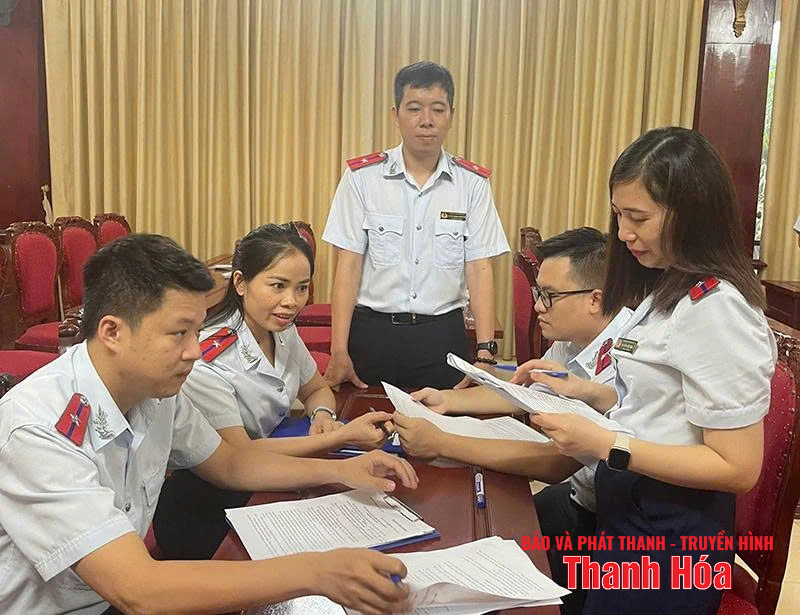
![[Photo] Binh Trieu 1 Bridge has been completed, raised by 1.1m, and will open to traffic at the end of November.](https://vphoto.vietnam.vn/thumb/1200x675/vietnam/resource/IMAGE/2025/10/2/a6549e2a3b5848a1ba76a1ded6141fae)
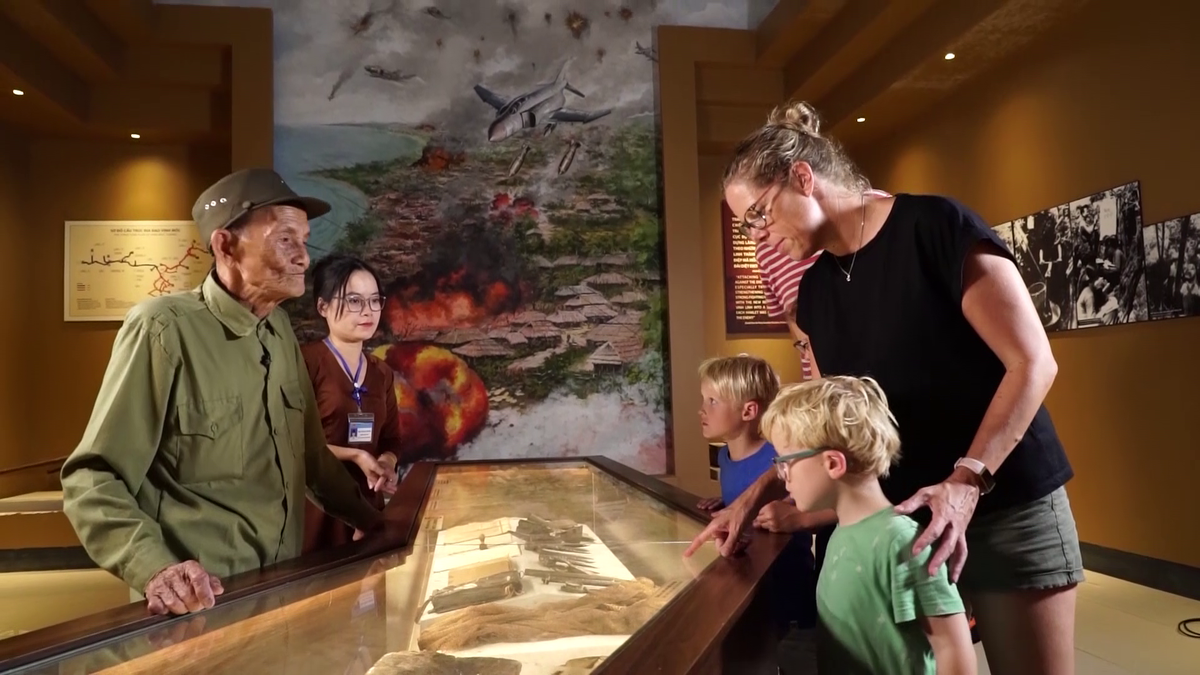




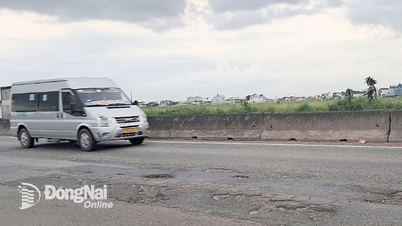



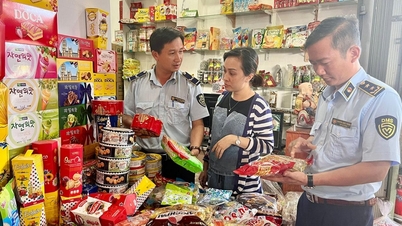

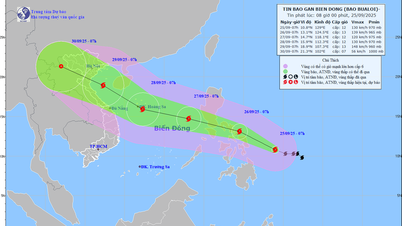
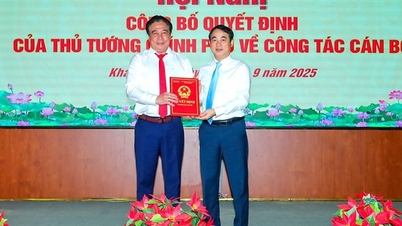

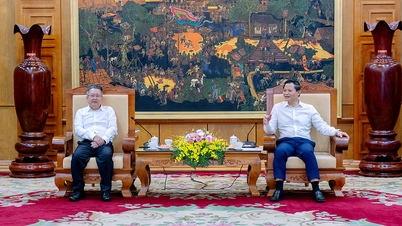



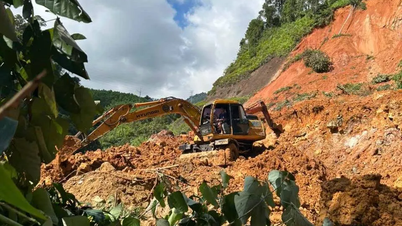

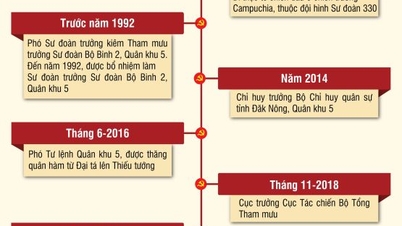

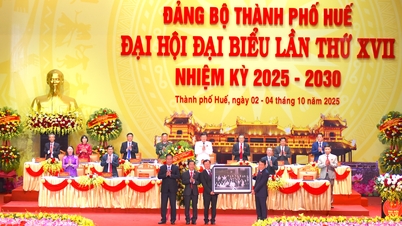

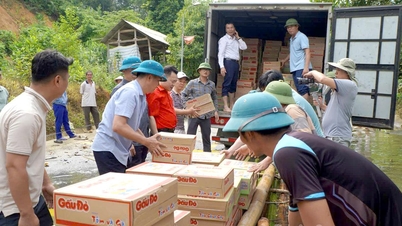

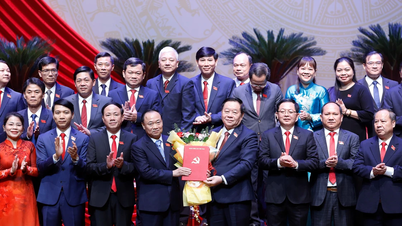










































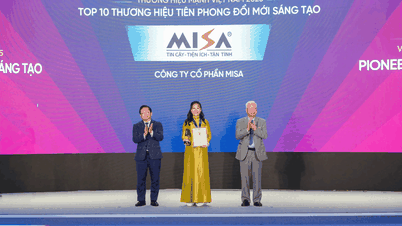

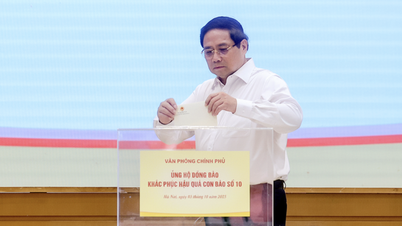





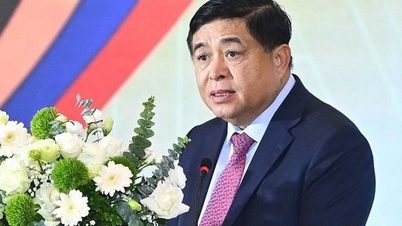



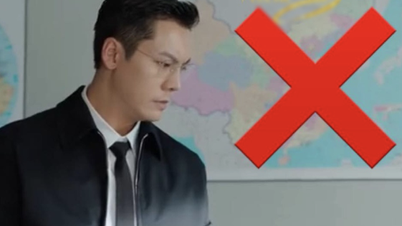
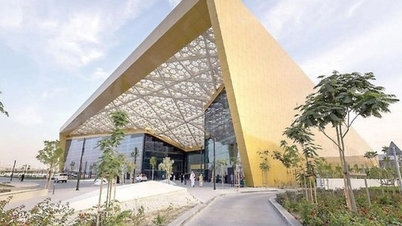
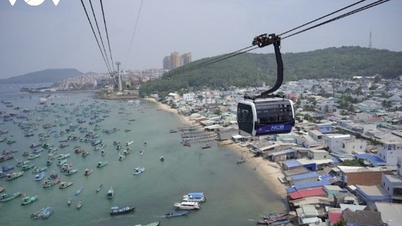
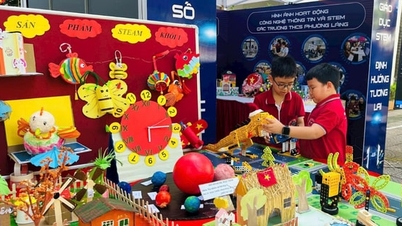

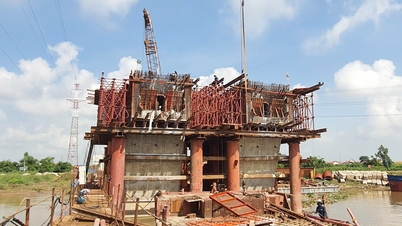
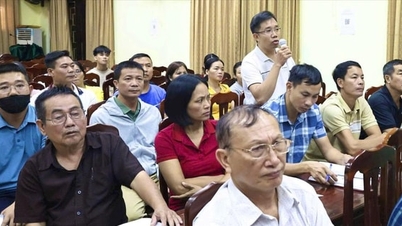















Comment (0)